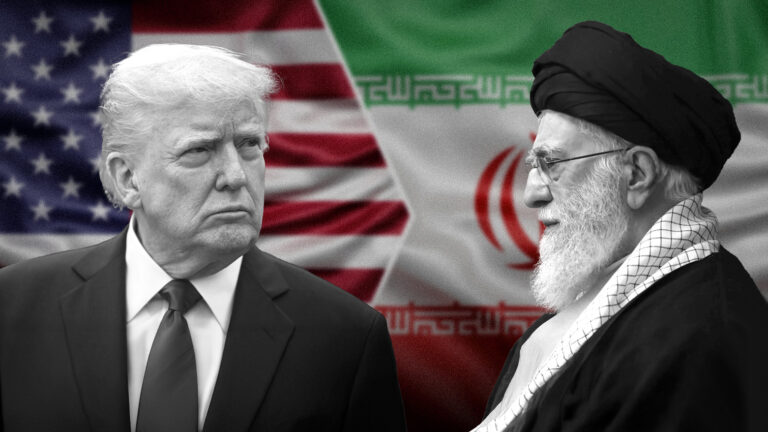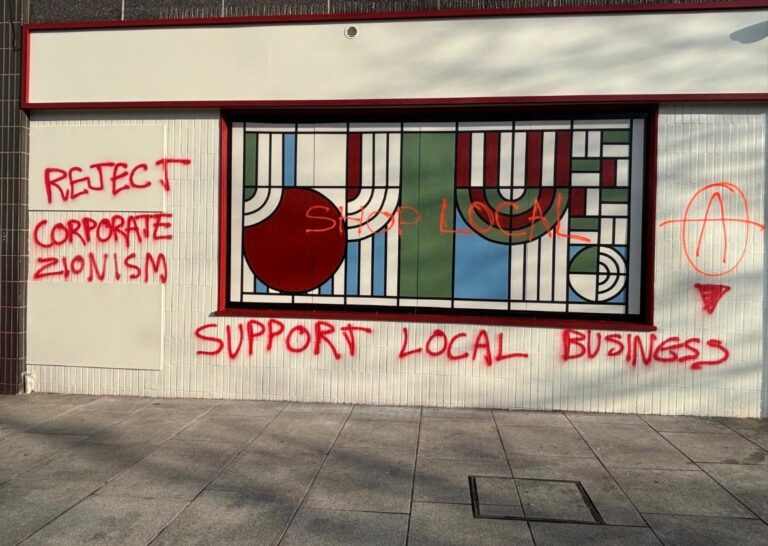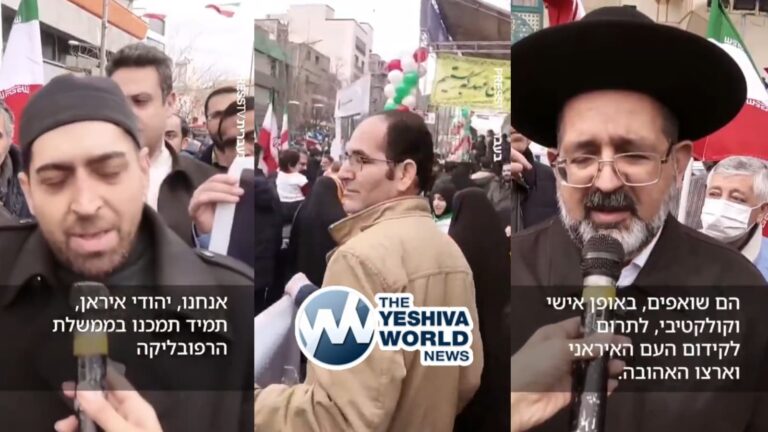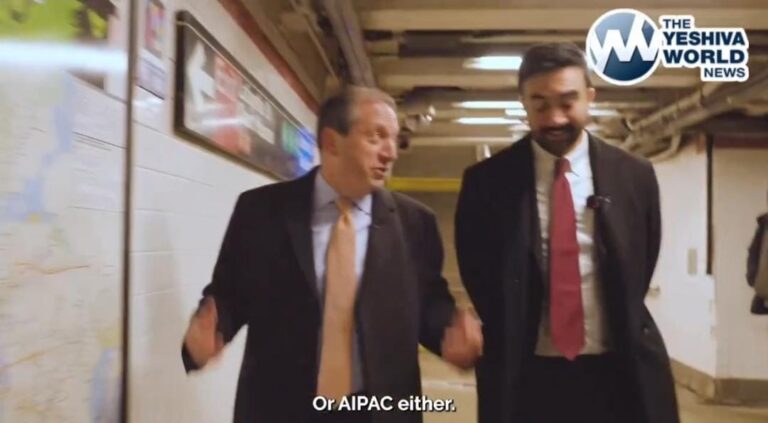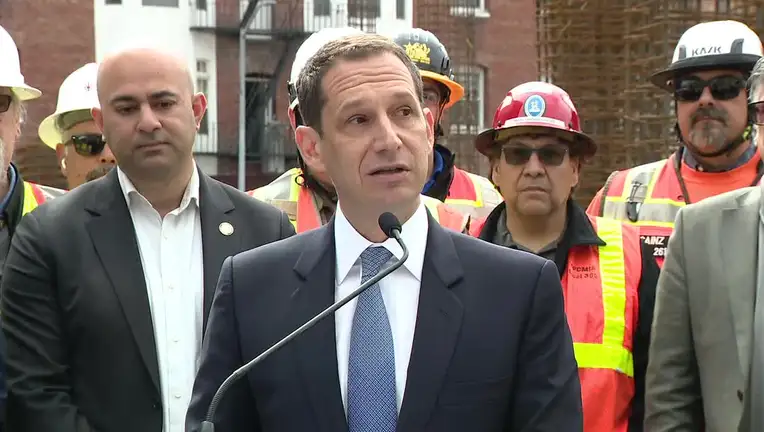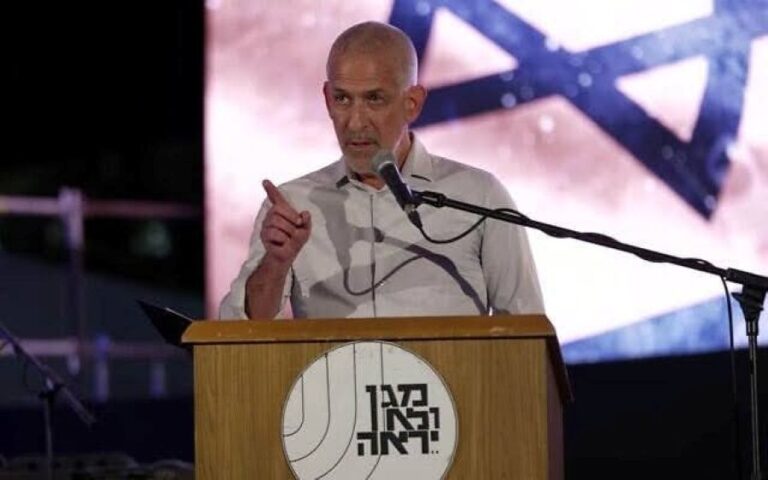Vayomer Yosef el echav ani Yosef ha’od avi chai v’lo yachlu achiv la’anos oso ki nivhalu mipanav (45:3)
When Yosef’s brothers came to Egypt to purchase food during the years of famine, he was able to recognize them immediately, but after 22 years of separation, they were unable to identify him. As a result, he was able to subject them to a dramatic and frightening series of events. After accusing them of being spies, he incarcerated Shimon to force them to return with his maternal brother Binyomin. After confusing them by inviting them to join with him at a banquet, Yosef had his goblet planted in Binyomin’s sack to frame him for stealing.
Finally, when Yehuda pleaded for mercy, explaining how much their father Yaakov would suffer if they failed to return with his beloved Binyomin, Yosef was unable to hold himself back anymore. He ordered all of his Egyptian officers and servants out of the room and revealed his true identity to his brothers, telling them, “I am Yosef. Is my father still alive?”
The entire episode and ordeal of the brothers’ encounter with Yosef appeared so illogical and nonsensical that it seemed more like a bad dream than reality, yet in one split second, in just two words, “Ani Yosef” – I am Yosef – suddenly the entire cacophonous picture became crystal clear. All of the seemingly inexplicable events and details fell into place, and everything made perfect sense.
The history of the Jewish nation has been fraught with lofty highs and terrible lows. The life of every individual Jew follows a similar pattern. Many happy events seem too good to be true, while countless struggles seem too great to bear. Certainly, there seems to be no rhyme or reason to them, no interconnecting links weaving them together as part of a larger picture and greater plan.
The Chofetz Chaim writes that just as with Yosef’s brothers, there will come a time when we will merit Hashem’s revelation in all of His glory and splendor. Upon hearing just two words, “Ani Hashem” – I am Hashem – everything will immediately fall into place, and all of our questions and difficulties will vanish into thin air, may it happen speedily in our days.
Vayipol al tzav’rei Binyomin achiv vayeiv’k u’Binyomin bacha al tzavarav (45:14)
After Yosef revealed his true identity to his brothers, he and Binyomin fell upon each other’s necks and wept. Rashi explains that they were mourning the Holy Temples and Mishkan which would be built in the portions of Israel to be inherited by their descendants which would eventually be destroyed. Rav Mordechai Pogramansky observes that such a happy and emotional reunion between Rochel’s two sons would seem to be an inappropriate time to cry over the future destruction of the Mishkan and Temples when they hadn’t even been built yet.
Rav Pogramansky explains based on one of the deep psychological insights for which he was well-known. In describing the Messianic age, the prophet Yeshaya (25:6) refers to it as a time when death will be eternally swallowed up, and Hashem will wipe the tears from all faces.
This would seem to indicate that in the Messianic era, there will be no place for tears of any sort. Yeshaya seems to imply that even what is known as “tears of joy” will also become extinct. Why should this be, as one would think that specifically at such a time there will be so much widespread joy that this type of tears will actually become more prevalent?
Rav Pogramansky explains that in reality, what we refer to as “tears of joy” are actually rooted in a deep subconscious awareness that the powerful emotional pleasure currently being experienced will eventually lessen and end. The soul recognizes that it is impossible to preserve the initial moment of intense feelings, and it is precisely the mourning of this inevitable loss which causes us to cry at the height of our joy.
Similarly, Yosef and Binyomin surely felt an intense happiness at their reunion and at the Divinely-inspired recognition that the Mishkan and Temples would be built in their portions of Israel. However, it was precisely at that moment that they recognized their temporal nature and shed tears over the fact that they would eventually come to be destroyed.
V’es Yehuda shalach l’fanav el Yosef l’horos l’fanav Goshnah (46:28)
After a tumultuous roller-coaster of events, Yaakov’s sons returned to Canaan and informed him that his beloved son Yosef, whom he had assumed was dead for 22 years, was in fact alive and prospering in Egypt. Astonished by the remarkable turn of events and in spite of his advanced age, Yaakov prepared himself and his family for the lengthy journey to Egypt in order to be reunited with Yosef.
As they drew near to the section of Egypt called Goshen, our verse tells us that Yaakov sent his son Yehuda ahead of him to prepare for him the way. Rashi explains that “preparing for him the way” refers to Yaakov’s instructions that Yehuda establish a house of study where he would be able to learn and teach Torah. Considering Yaakov’s age and all that he had recently experienced, did this really need to be his highest priority? Shouldn’t he have first focused on getting reunited with Yosef and comfortably settling his family into their new homes?
The Shelah HaKadosh derives from Yaakov’s actions and priorities that wherever a person goes, he should first ensure that his spiritual needs are in place and afterward attend to his more mundane concerns. Although Yaakov clearly had a number of important tasks to attend to on his momentous journey, the Torah records his focus on establishing a house of study prior to his arrival to show us his true priorities so that we may learn from them.
Rav Moshe Feinstein writes that the biggest mistake made by the early immigrants to America was that they were so focused on trying to make a living that they neglected to make time to set up schools to provide a religious education to the next generation. As a result, thousands of Jewish children weren’t given an opportunity to be properly educated about their religious heritage.
Now that we understand the value of taking spiritual considerations into account when making life decisions, we can appreciate the following anecdote. The Stropkover Rebbe was once purchasing an apartment and narrowed the choices down to two. Each of them had various aesthetic and practical pros and cons, and it was difficult to decide which of them was superior. Ultimately, he chose the apartment which had exactly 26 steps (the numerical value of Hashem’s Name) ascending to it, as that would allow him to remember Hashem every time that he entered or exited his home.
Although the level of spiritual sensitivity depicted in this story is clearly beyond us, its lesson is still applicable. We all make daily decisions concerning our homes, our jobs, and our families. When evaluating the different options, we should learn from Yaakov the importance of trying to view the world through a more spiritual lens and taking that perspective into account when making our decisions.
Answers to the weekly Points to Ponder are now available!
To receive the full version with answers email the author at [email protected].
Parsha Points to Ponder (and sources which discuss them):
1) In Yehuda’s entire passionate address to Yosef (44:18-34), he added no information or arguments which weren’t already known to Yosef. What was his intention in reiterating the information to Yosef, and what did he hope to accomplish by doing so? (Beis HaLevi)
2) Rashi (45:12) writes that Yosef proved his true identity to his brothers by virtue of the facts that he spoke their language and was circumcised as they were. Why weren’t they able to verify his identity by virtue of recognizing his voice? (K’Motzei Shalal Rav, M’rafsin Igri)
3) Just prior to sending his brothers back to Yaakov in Canaan, Yosef warned them (45:24) not to become agitated on the journey. According to one of Rashi’s explanations, Yosef was advising them not to travel too quickly by taking large steps, as the Gemora in Taanis (10b) teaches that doing so causes a person to lose 1/500th of his eyesight. Why doesn’t a person become completely blind after taking 500 large steps? (Tosefos Taanis 10b)
4) Yosef told his brothers (46:34) to tell Pharaoh that they have been shepherds since their youth so that he would allow them to live peacefully and separately in Goshen. Rashi explains that because Egyptians worshipped sheep, they hated shepherds. Although it makes sense for them to hate anybody who eats sheep, why should they hate the shepherds who take care of them? (Ibn Ezra, Sifsei Chochomim)
© 2010 by Oizer Alport.

